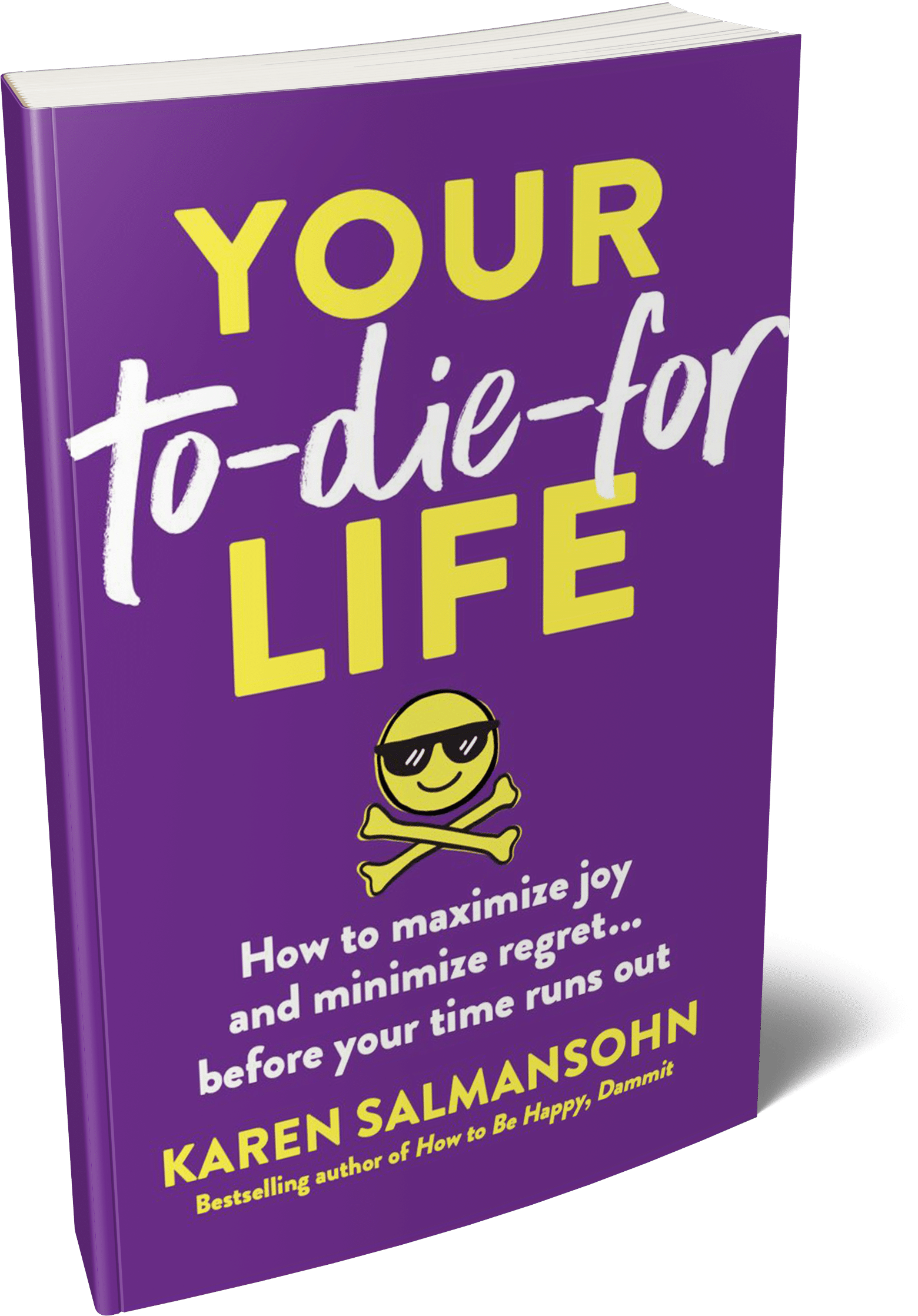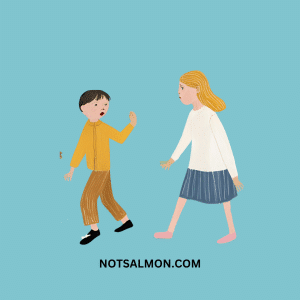
Get A Sneak Peek at my book “Your To-Die-For Life”!
Get a FREE sneak peek! Learn how to use Mortality Awareness as a wake up call to live more boldly.
 Explore the long-term effects of growing up with a toxic sibling and the deep-seated impact of sibling rivalry. Learn how early childhood conflicts shape relationship patterns and mental health, and discover strategies for healing and fostering healthier relationships.
Explore the long-term effects of growing up with a toxic sibling and the deep-seated impact of sibling rivalry. Learn how early childhood conflicts shape relationship patterns and mental health, and discover strategies for healing and fostering healthier relationships.
Let’s dive into the real talk about growing up with toxic siblings. Forget the minor sibling bickering over video games or clothes. We’re talking about a deep-rooted, damaging rivalry that doesn’t merely disrupt your childhood – it winds up messing up your perspective on relationships for life.
You’ve just completed what you feel is an award-worthy science project—a volcano that actually erupts. You should feel proud, right? But along comes your sibling, who not only downplays your achievement – but tells your parents a wildly exaggerated story about how you nearly burned the house down in the process. It’s not just a comment. It’s a full-blown character assassination — and a total fabrication.
But it doesn’t stop at a single science project. Your sibling becomes a consistent heckler – demeaning you – lying about you – hurting you in an abundance of ways.
It’s a formative experience teaching you that the closest people in your life can also be the ones who hurt you the most.
Worst of all – this isn’t like dealing with a schoolyard bully where you might find refuge at home. This tormentor shares your home, your parents, your space. You’re trapped in a car with them for every family road trip, seated across from them at every meal.
Unfortunately this constant psychological warfare can wind up teaching you – the victim sibling – to always be on guard, to constantly wear emotional armor (even in your own home), and to expect betrayal and attack at every turn.
Growing up with toxic siblings can stem from various underlying reasons beyond mere personality clashes. Here are some of the core factors that contribute to such dynamics:
The normalization of unhealthy relational patterns.
If your primary model for a close relationship involves manipulation, rivalry, or emotional distress, then here’s a significant risk that this will become your “normal.”
In fact, research studies suggest that sibling relationships are among the most influential in our lives, particularly in how we form our identities and relational patterns.
According to a study published in the Journal of Family Psychology, intense sibling rivalry and conflict can lead to increased anxiety and depression in adulthood.
So, it’s not just a rough childhood you’re getting. It’s a setup for long-term emotional issues.
Dr. Jane McGregor, a sociologist at Nottingham University, notes that being a victim of toxic sibling rivalry can lead the victim sibling to unconsciously seek out similar dynamics in their adult relationships, as these feel familiar, even if they are unhealthy.
Next up… let’s dive deep into how how to break the cycle and reclaim your story.
 Alright, let’s get down to brass tacks. Breaking free from the long shadow of a toxic sibling isn’t just about moving out and moving on. It’s about a deep, sometimes painful introspection and an outright rebellion against the crappy hand you were dealt.
Alright, let’s get down to brass tacks. Breaking free from the long shadow of a toxic sibling isn’t just about moving out and moving on. It’s about a deep, sometimes painful introspection and an outright rebellion against the crappy hand you were dealt.
Here’s how to start:
This isn’t about navel-gazing or self-pity. It’s about taking clear mental inventory of your past so you can improve your present.
Imagine you’re sorting through your attic, tossing out what doesn’t serve you.
Write down every crappy thing your sibling did that ticks you off. Then notice if there’s a pattern in the people you choose to hang with.
Pinning this down can be a revelation and the first step toward not walking into another emotional ambush.
Example: Let’s say every time you brought home a win—be it a school award or a new job—your sibling undercut you. Now, if your current partner throws shade on your achievements under the guise of “keeping you grounded,” guess what? That’s not grounding. That’s a replay of your past.
Look, you’ve got to know in your heart what a healthy relationship looks like. It’s time to remind yourself that these types of fulfilling relationships exist. So, get out there.
Example: Join a hiking group or a book club—anything where people come together to share positive experiences. When someone offers a compliment or constructive criticism, observe how it’s done with respect and without a hidden dagger. These are your role models.
It’s time to learn how to say what you think and feel without being a jerk or a doormat. Assertiveness isn’t about being loud or bossy. It’s about being clear and respectful.
Take a class, read a book, or even watch tutorials.
The goal?
To express your needs and boundaries firmly and respectfully… so that you’re no longer an easy target for the toxic people who seem so damn familiar.
Example: Next time someone tries to push your boundaries—like that friend who always expects you to pick up the tab or that cousin who thinks your apartment is their vacation home—state your limits clearly. “I can’t cover your meal today,” or “I need my space this weekend.” It doesn’t have to be a fight. It’s just stating what’s true for you.
This might mean dialing back on family time if your toxic sibling is going to be around. This isn’t about creating drama. It’s about protecting your mental health. Choose who gets the privilege of your time and energy.
Recognizing the warped lenses handed down to you isn’t about blame. It’s about finally seeing the world in widescreen, where not every relationship is a battlefield.
Learning that vulnerability isn’t a weakness but a strength can be a game-changer. It’s understanding that good people exist and letting them in can enrich your life.
The scars of growing up with a toxic sibling can run deep, shaping how one navigates the world in fundamental ways. But these scars don’t have to dictate one’s destiny. By confronting these painful truths, by relearning what healthy relationships look like, and by choosing every day to strive for better, it’s possible to not just survive, but thrive.
It’s a journey of transformation—one that starts with a simple, powerful act of belief in something better.
And from there, the healing begins.
If you want further support to boost your self esteem, work with me in 1 on 1 coaching sessions to strengthen your mindset. And check out my therapist recommended program The Anxiety Cure.
P.S. Before you zip off to your next Internet pit stop, check out these 2 game changers below - that could dramatically upscale your life.
1. Check Out My Book On Enjoying A Well-Lived Life: It’s called "Your To Die For Life: How to Maximize Joy and Minimize Regret Before Your Time Runs Out." Think of it as your life’s manual to cranking up the volume on joy, meaning, and connection. Learn more here.
2. Life Review Therapy - What if you could get a clear picture of where you are versus where you want to be, and find out exactly why you’re not there yet? That’s what Life Review Therapy is all about.. If you’re serious about transforming your life, let’s talk. Learn more HERE.
Think about subscribing for free weekly tools here.
No SPAM, ever! Read the Privacy Policy for more information.